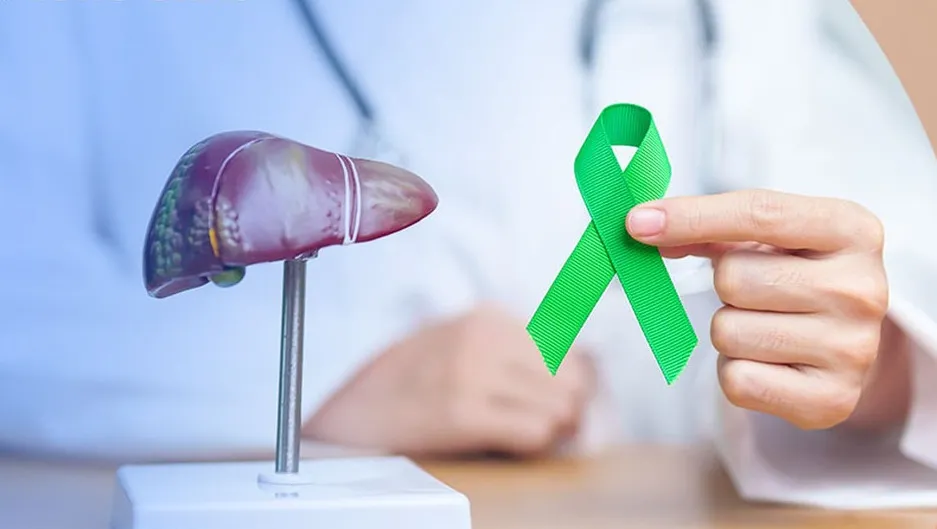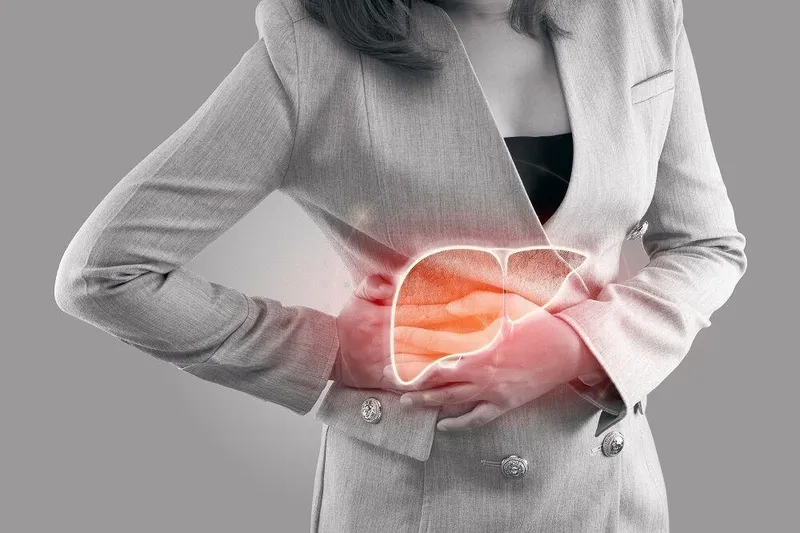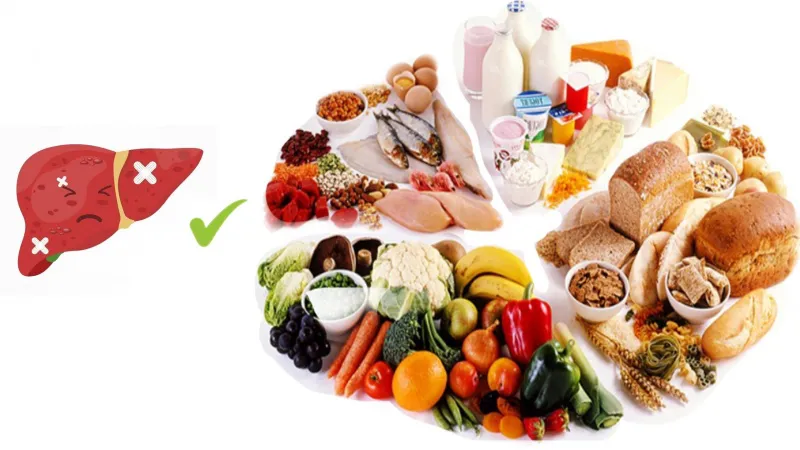Primary Liver Cancer: Symptoms, Diagnosis, and Treatment

Overview
What Is Primary Liver Cancer?
Primary liver cancer occurs when malignant cells originate in the liver tissue. If cancer cells form in other organs (e.g., lungs, kidneys) and spread to the liver, this is called secondary or metastatic liver cancer—not primary liver cancer.
The two most common types are:
Hepatocellular carcinoma (HCC): The most common form, arising from liver cells (hepatocytes).
Intrahepatic cholangiocarcinoma (bile duct cancer): Originates in the bile ducts inside the liver.
Less common types include hepatoblastoma and angiosarcoma.
Symptoms
Early Signs
In early stages, liver cancer may cause no noticeable symptoms. As the disease progresses, one or more of the following may occur:
- Discomfort or pain in the upper right abdomen
- Abdominal swelling or a noticeable mass under the right ribcage
- Pain near the right shoulder blade
- Yellowing of the skin and eyes (jaundice)
- Easy bruising or bleeding
- Fatigue
- Nausea and vomiting
- Loss of appetite
- Unexplained weight loss
- Pale or white stools, dark urine
- Fever
- Spider-like blood vessels visible on the skin

When to See a Doctor
See a doctor if you have risk factors such as cirrhosis, chronic hepatitis B or C infection, or nonalcoholic fatty liver disease. Regular screening is recommended for high-risk individuals. If you notice any of the above symptoms, seek medical evaluation promptly.
Causes
While the exact cause is not always known, primary liver cancer usually develops in people with chronic liver disease. Key causes include:
- Chronic infection with hepatitis B virus (HBV) or hepatitis C virus (HCV)
- Cirrhosis (scarred liver tissue from chronic injury)
Risk Factors
Major Risk Factors
Chronic viral hepatitis: Long-term HBV or HCV infection can damage liver tissue.
Cirrhosis: Caused by chronic alcohol use, viral hepatitis, or other liver injury.
Type 2 diabetes: Associated with an increased risk.
Obesity and metabolic disorders: Can lead to nonalcoholic fatty liver disease (NAFLD).
Genetic disorders: Such as alpha-1 antitrypsin deficiency, hemochromatosis (iron overload), or Wilson’s disease (copper accumulation).
Additional Risk Factors
Age: More common in older adults.
Alcohol use: Heavy, long-term drinking increases risk.
Smoking: Associated with higher risk of primary liver cancer.
Aflatoxin exposure: Found in improperly stored grains and nuts.
Race/ethnicity: Lower prevalence among Caucasians compared to some other groups.

Diagnosis
Common Diagnostic Tests
Medical history and physical exam: Report alcohol use, hepatitis history, and symptoms.
Liver biopsy: Confirms whether a tumor is benign or malignant.
Liver function tests: Includes liver enzymes, bilirubin, and protein levels.
Alpha-fetoprotein (AFP) test: Elevated AFP may indicate liver cancer.
Imaging tests: Abdominal ultrasound, CT scan, or MRI to visualize tumors, measure size, and check for spread.
Staging
Staging helps determine treatment and prognosis. The four stages are:
- Stage I: Single tumor, no blood vessel invasion.
- Stage II: Single tumor with blood vessel invasion, or multiple tumors <5 cm.
- Stage III: Multiple tumors >5 cm, or tumor invading major veins, but no spread to lymph nodes or other organs.
- Stage IV: Tumor has spread to lymph nodes (IVA) or distant organs (IVB).
Treatment
Treatment depends on tumor size, number, liver function, presence of cirrhosis, and overall health.
Main Treatment Options
Surgical resection: Removing the portion of liver affected by cancer (recommended if liver function is preserved).
Liver transplantation: Replacement of diseased liver with a healthy donor liver (considered when resection is not possible and cancer has not spread).
Ablation therapies: Destroy cancer cells with heat, cold, or ethanol injections.
Radiation therapy: High-energy radiation to kill cancer cells.
Targeted therapy: Medications that block cancer cell growth and blood supply.
Chemotherapy: Drugs administered systemically to kill cancer cells (used when other methods fail).
Immunotherapy: Boosts the immune system to recognize and attack cancer cells.
Lifestyle & Prevention
Healthy Habits
- Limit alcohol intake (no more than one drink/day for women, two for men).
- Maintain a healthy weight and exercise regularly.
- Avoid smoking.
Nutrition
- Eat a balanced diet rich in lean proteins, whole grains, fruits, and vegetables.
- Avoid processed foods, excess sugar, and raw or undercooked foods.

Prevention Strategies
- Get vaccinated against hepatitis B.
- Prevent hepatitis C by avoiding bloodborne exposure and practicing safe sex.
- Avoid sharing needles.
- Minimize alcohol consumption.
- Maintain a healthy body weight.
